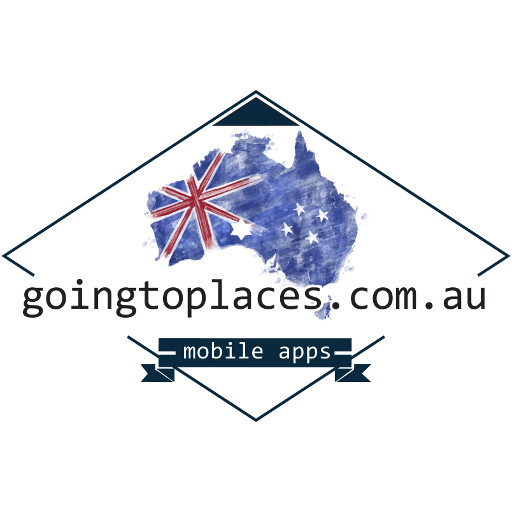Ideas Hoist magazine interview With Geoffrey Dening, Founder of Goingtoplaces.com
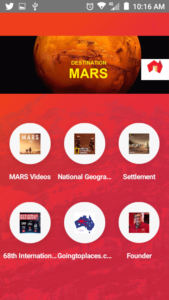
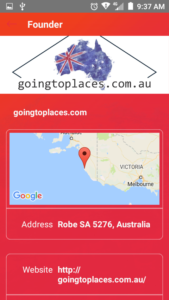
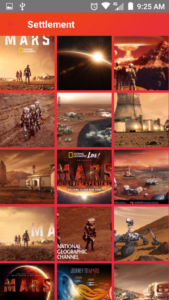
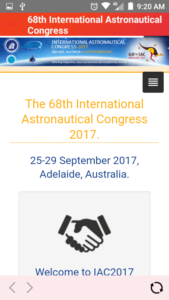
In the past thirty years, Geoffrey Dening has filled many roles, as an entertainer, sportsman and professional business man.
After a decade working in administration, Geoffrey left the office in the Gold Mining industry in 1990’s. With a fine tuned understanding of the diversity of people around him and an Australia Day Young Citizen’s Award for leadership, he embarked on an adventurous career, managing artists and performing stand-up comedy. At the same time, he founded a publishing enterprise, launching sport art and literary magazines up until 1998.
In the build up to the Millennium, Geoffrey noticed the hubbub around the change over and the electronic shift in society. The time was near for his next career shift, which began with two years sitting in a room surfing the internet. In 2008 his YouTube channel was one of the first 2500 in Australia qualified for advertising by Google. As well as having his recordings on iTunes and Amazon and other online download sites.
Since 2016 as Vice Chairman in the Robe Traders Association, Geoffrey has spear headed the team welcoming 4 major Chinese delegations, including CCTV2 “Central China TV” and state run TV network of Xiamen media. Whilst perfecting his golf obsession.
Can you share with us a bit about your idea and what made you decide to take the plunge and make it happen?
The idea for Travel Apps came from seeing what people were doing, by a person who was there to make their travelling experience comfortable and enjoyable. After setting up and developing a successful Bed and Breakfast accommodation business in 2012, the close association with my guests gave me invaluable insight into their needs as travellers. With 80% of my guest’s being international travellers, the need for information on places to go and things to do was a regular verbal service that I supplied. This gave me the insight on the format and structure to develop Travel Apps for use by travellers and residents.
I had the knowledge and capability to develop the apps. I was looking for a new career change and the excitement of creating a new thing, was all it took to leap into action.
Could you explain your business model to us?
The decision at the very beginning was that the product had to be earning income from day one. Businesses from accommodation, restaurants, builders, gyms and experience guides pay to list on the apps.
What are you working on right now and what are you most excited about in the next year?
Currently, a new travel app is in development. At the same time we are expanding into providing apps for businesses, events and organisations. The expansion of the business has us looking at setting up a new work site. It is exciting exploring to see the continuing development in what is available to integrate into my apps.
This burgeoning research and creation of useful forms, to inhabit the universe of the internet by others is invigorating to see happen. Then to be passing some time looking at the creations and finding what I want to apply next. Not to forgo, I am the defending Club Golf Champion and going for a hat-trick as well in the Handicap Championship. Looking forward to building up my fitness and skill to defeat the next series of challenges on the golf course in September.
How do you make ideas happen?
Take tangible action, it’s the only way to make an idea reality. As I was traveling home the other day on a long country drive and the thoughts were running free. Where there is little traffic, open spaces, nature all around and no distractions I can follow threads of ideas that are enjoying the opportunity to come up and get some uninterrupted thinking time as I am travelling.
Space travel and the initiative being shown in going there is something that sparks my interest. This is the same as the mission to explore our planet which was engaged in the past by adventurers. Those voyages on sailing ships with their complicated lines of rigging with sails to propel the ships on the journey. No communication, nothing more than a minuscule vessel, a collection of wooden planks, floating on an expanse of ocean. In the voyage to the America’s the Santa María, being Columbus’ largest ship, was only about this size 17.7m long on deck, and Niña and Pinta were smaller, perhaps 15 to 18 metres on deck. If these vessels foundered the result would be the same as a space ship being breached in the vacuum of space.
There were some in Spain who at the time said, why? Human nature is to be inquisitive, this is the way our forebears found ways to survive. The big brains gave the back up to store knowledge which was learnt and then taught. Once someone found some fire, took it to a cave and saved it for the tribe to benefit from. Eventually, a forebear sitting in the cave watching the fire must have pondered, “Wood burns, why?” Perhaps, first, they split open a log to see if there was a glowing ember of fire within? Eventually, some must have spent hours rubbing two sticks together and created fire from the effort!
Today there is the new fire of the computer age. Our much greater level of brain power is exploring the boundaries of what can be done in the digital universe.
During the drive home I had recorded an idea on my phone. On arrival, instead of sitting down to watch late night TV or read a book, I started the laptop and gave the idea form. Within a few hours, it had a layout and contents. The delight in being able to take an idea and give it life is invigorating. That people are taking steps to continue exploring beyond the boundaries of gravity, is inspiring. “Destination Mars” the App! Who wants one?
What role have mentors played in your business life?
I have never really had mentors. It is an interesting observation of today, this is a projected norm that is expected. I have had employers whom I have worked for and learnt how to do things by observation and practise. Other employers have shown me how not to do things, as their way is one that I found to be rubbish. Some people need to stop being self-obsessed about their capability to do things. Get up and do what you dream. If you fail, learn from the experience. You learn a lot more about how to succeed by failing, than you would by doing nothing because lacking a mentor did not tick a required start box.
What does your typical day look like?
I live 120 km away from the nearest urban centre in a town of 1200 people. Mornings are productivity time, meeting customers, planning marketing strategy and sales programming. There is a lot of solitude in my business operation by location and philosophy, I am there to do a job not have a social event. The key with keeping fresh is for me playing golf or going to the gym to break up the day mid-afternoon. That is the beauty of living in a rural location, I walk out the door into a comfortable environment still able to focus on my work day. Then return a couple of hours later refreshed to do more.
What challenges have you faced when starting or growing a business in Australia?
The insularity of communities and businesses to the new era of communication is compounded with frustration many have with the internet service available. Between 75-80% of Australians live in major urban centres and even there the disparity between reliable and acceptable internet supply is disgraceful. As long as Australia maintains the supply of second and third rate services we are going to lag behind in benefiting from the production and implementation of our creative minds ideas.
Australia is a very young nation, 229 years old. The tyranny of distance was a blessing. Geographic isolation made it nescessary to have inspired creativity to improve the quality of life. The Stump Jump plough 1877, in 1889, Australian electrical engineer Arthur James Arnot patented the world’s first electric drill with his colleague William Brain, doctor Mark Lidwill and physicist Edgar Booth developed the first artificial pacemaker in the 1920s, the Hills hoist manufactured in Adelaide, South Australia by Lance Hill since 1945, in 1992 John O’ Sullivan and the CSIRO developed Wi-Fi technology, and in 2006, Brisbane-based medical researchers Professor Ian Frazer and Dr Jian Zhou developed the world’s first anti-cancer vaccine.
That is a national snapshot of only a few amazing Australian creations that today the world could not imagine going without. We need to be active, engaging to counter negativity from the Luddites. I choose to make a stand, then continue merrily on my way. When I step out of the Luddites self-constructed goldfish bowls, the positive atmosphere that engages me is this industry. It is not bemusing, it is not confusing, it is fun and I do it for a job.
Ideas Hoist was started in September 2012 as a side project of The Social Deck – the concept is pretty simple:
We interview Australians making ideas happen.
Their aim is to build a community that can learn from each other’s experiences, promote each other’s ideas and generally help each other out where possible. To inspire Australians who have an idea to make it happen!
